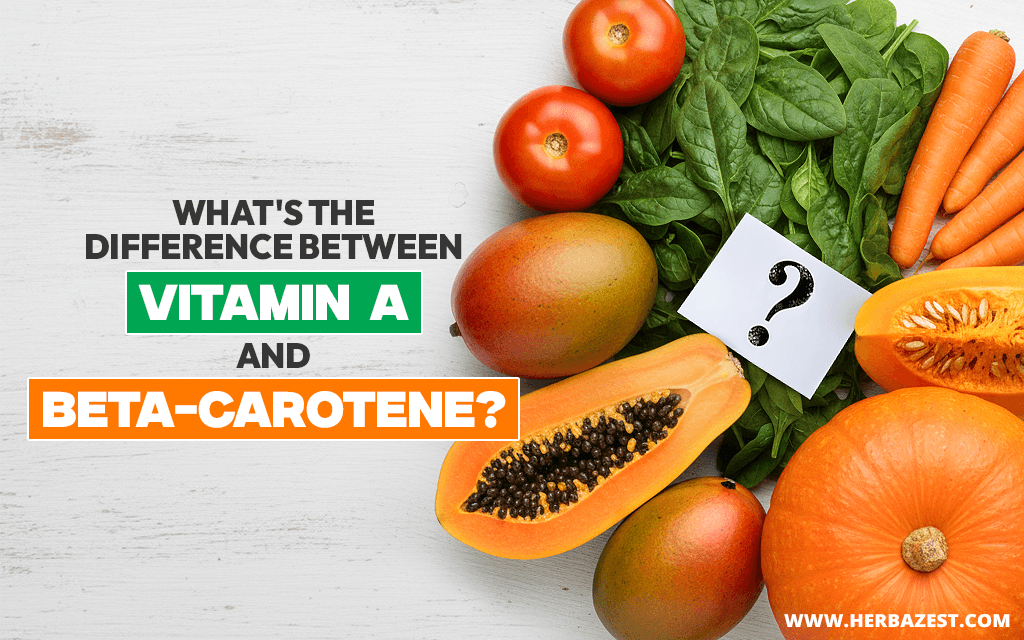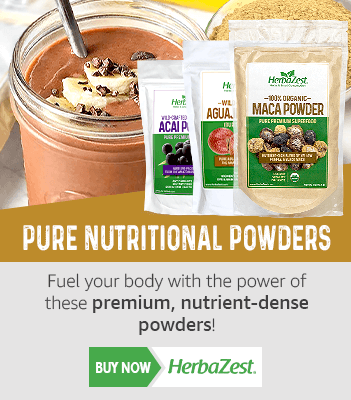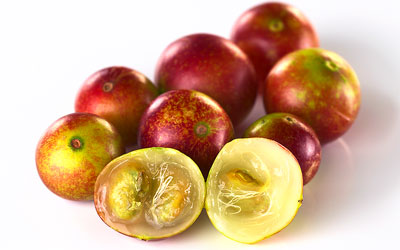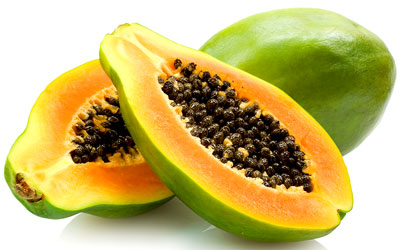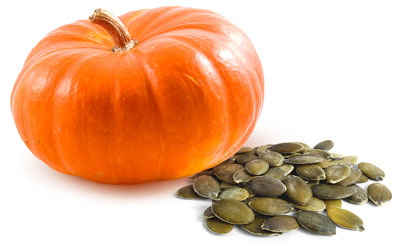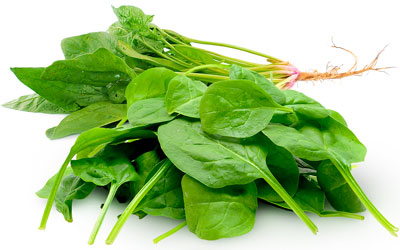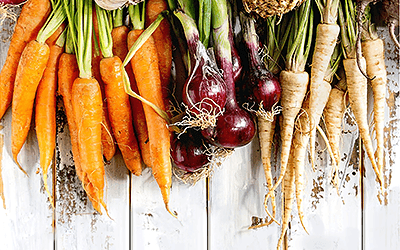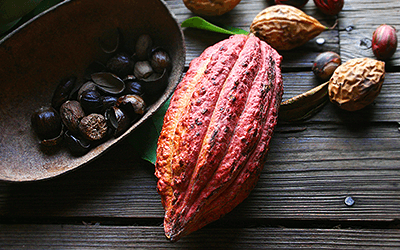Most people have a general knowledge about nutrition, and there is the notion that vitamin A is an important nutrient of a balanced diet. However, where it comes from and what are its benefits for the human body are questions to which many may not have a clear cut answer.
What is Vitamin A?
Vitamin A is a fat-soluble compound that it is produced by the body from two sources: carotenoids and retinols. Both groups are essential for normal growth and development, immune system function, and vision.
Carotenoids are natural plant pigments responsible for the bright colors of most fruits and vegetables. Studies have shown that carotenoids can promote health when consumed as part of a healthy diet. Major carotenoids, including lycopene, lutein, and zeaxanthine, have antioxidant properties that can help neutralize free radicals and prevent age-related diseases.
Retinols, on the other hand, come from animal sources, such as beef, calf, chicken liver, eggs, fish liver oils, and dairy products. Retinols stimulate the production of new skin cells, which also help prevent degenerative diseases.
What is Beta-Carotene?
Beta-carotene shows itself through a yellow-orange pigmentation. The brighter the color, the more beta-carotene the food contains. It is important to note that green leafy vegetables also contain beta-carotene, although the chlorophyll in the leaves hides the yellow-orange pigment. The importance of beta-carotene can't be overstated since its deficiency in this nutrient is the main cause of blindness, various disease, and even premature death among children under five and pregnant women, mostly in developing countries.
Some people's bodies have major problems converting beta-carotene into vitamin A. The reason is a genetic mutation in the bcmo1 gene (short for beta-carotene 15, 15'-monooxygenase), whose presence has been confirmed in those with reduced ability to produce vitamin A.
Foods with Beta-carotene
Beta-carotene can be obtained from fruits like aguaje, papaya, camu camu, and mango as well as from vegetables, such as carrot, pumpkin, sweet potato, spinach, and tomato.
Why is Vitamin A so Important?
Vitamin A is essential for good eye health, as well as for growth, healthy skin and hair, mucus membranes, digestive juices, and immunity.
Vitamin A plays an essential part in fetal development during pregnancy as well as throughout the breastfeeding period.
A deficiency of vitamin A is rare in the United States, although it is common in many developing countries. Less than 1% of Americans show Vitamin A deficiency. Approximately 26 - 34% of vitamin A consumed by men and women, respectively, is provided from carotenoids.
The importance of vitamin A can't be overstated. The lack of this nutrient in the diet causes an eye condition called xerophthalmia, which leads to dry eyes as well as the inability to see in low light. It can even lead to blindness if adequate of vitamin A are not provided. Vitamin A deficiency can also weaken the immune system, making it more vulnerable to diseases.
You might have heard that popular saying about putting as many colors as you can on your plate. Now that you know about the benefits of beta-carotene and its relationship with vitamin A, it all makes sense, doesn't it? Next time you prepare a salad, be sure to add some colorful and vitamin-rich herbs.
Sources
- European Journal of Nutrition, The importance of beta-carotene as a source of vitamin A with special regard to pregnant and breastfeeding women, 2007
- Journal of the American College of Nutrition, Beta-carotene and other carotenoids as antioxidants, 1999
- National Institutes of Health, Vitamin A
- USDA Nutrient Database, Vitamin A
- American Journal of Clinical Nutrition, Vitamins E and C, beta-carotene, and other carotenoids as antioxidants, 1995
- The FASEB Journal, Two common single nucleotide polymorphisms in the gene encoding beta-carotene 15,15’-monoxygenase alter beta-carotene metabolism in female volunteers, 2009

